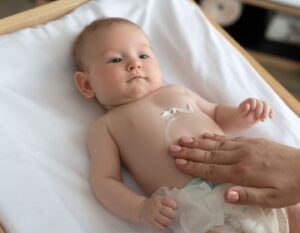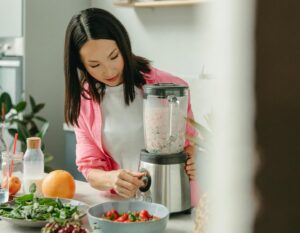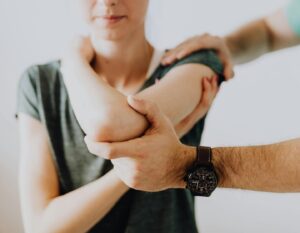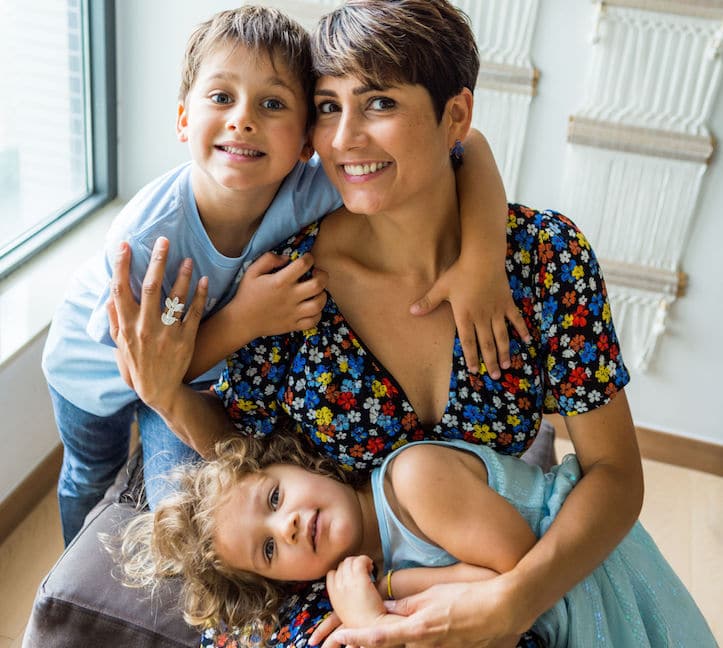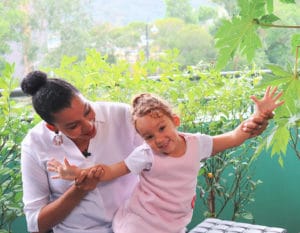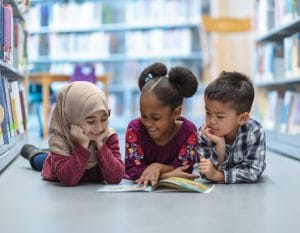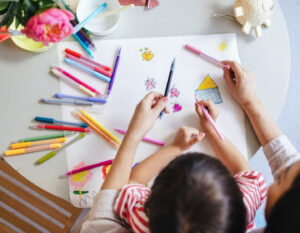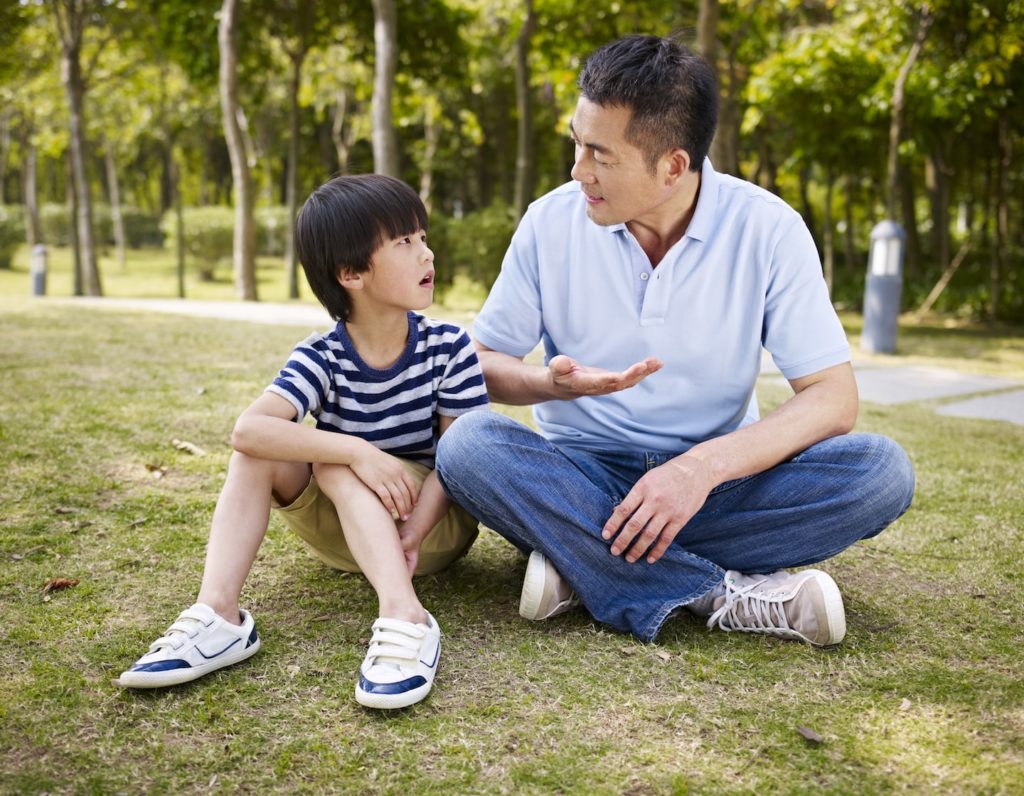
Racism, sexism and discrimination have been making headlines the world over.
We’re a diverse bunch here in Hong Kong. While the vast majority boast Chinese ancestry (92%), the nationalities and ethnicities that make up the remaining 8% are a true cross-section of a global society. Many have called various countries home at different times in their lives, so we asked some of our That Mamas and Papas their thoughts and experiences of diversity, both good and bad – here, at home and abroad. We found out how these parents are discussing these topics and tackling any issues of diversity and (non)inclusion with their children.
Read more: Sassy Mama’s Guide To Festivities Around The Globe
Anthea Cooper, Founder Of Anthea Cooper Jewellery
I have experienced both racism and sexism. In primary and high school I was teased for my accent and the way I said or pronounced certain words (being an Anglo-Indian Australian, I have a mixed background). A lot of the time I would laugh it off and not let it get to me. I don’t think it was their intention to be mean but more to get a laugh but it did hurt at times and made me conscious of how I spoke sometimes. It comes down to people being ignorant really.
In the workplace, I think most females have experienced sexism. For me, it was the way some of my male bosses would speak to me. Always a bit flirty & making comments on how I looked. I felt if I didn’t converse in that way I would not be liked or recognised as much.
I teach my kids how to behave and treat others. I think at this age using books is good and I recommend a book called “Whoever You Are” by Mem Fox. There are so many others! If I see a story in a book we’ve borrowed from the school library that talks about any of these issues I will talk about it further with the kids. At this age, they are still too young to have a deep discussion but I think leading by example and touching on these topics when they come up is important.
Read more: That Mama – Anthea Cooper, Founder Of Anthea Cooper Jewellery
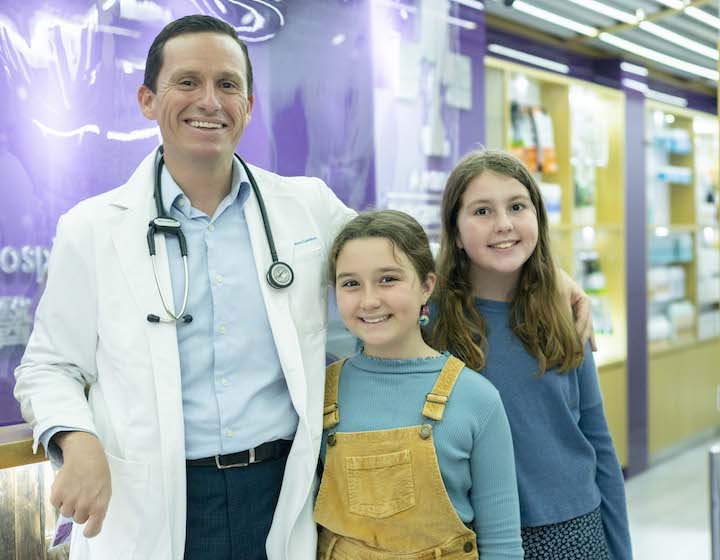
Dr David Gething, Veterinarian And Founder Of Creature Comforts
I think we have been relatively lucky that I don’t feel my children have been the recipients of significant discrimination. As western children in Hong Kong, it’s inevitable that they are seen differently, and sometimes treated differently, both for better and for worse. I don’t think this has happened to the extent that it has negatively affected them.
We are very open about different lifestyle choices with regards to sexuality and a number of our staff and a few personal friends are in same-sex relationships. It has never been an issue in our house and we’ve raised our children to think of it as just another way that couples can be. To discuss it as special or different seemed to be discriminatory. To make it a non-issue and something normal seemed the best way forward. In the rare case that they ask about sexuality or race or religion, we try to explain that we see all people as equal. People can be different, have different views, habits and beliefs, and that isn’t an issue. What is an issue is someone’s character – whether they’re honest, truthful, reliable and trustworthy. We try to focus on those values, irrespective of other attributes, and we remind our kids of that.
Read more: That Papa – Dr David Gething, Veterinarian And Founder Of Creature Comforts
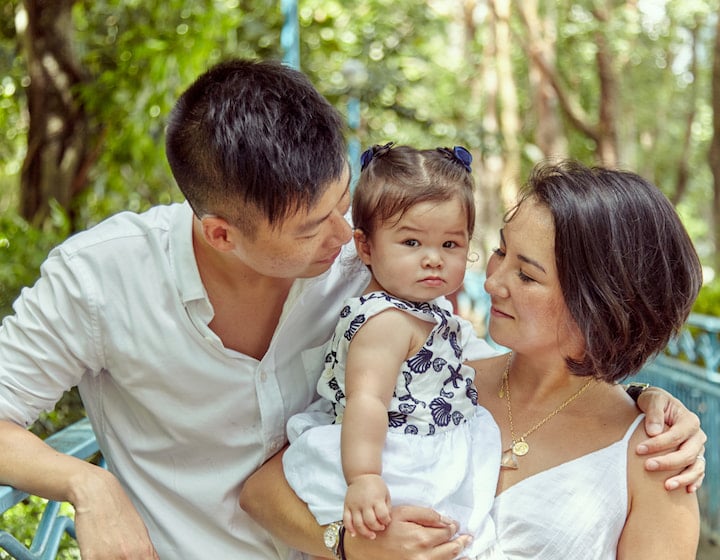
Coco Chan, Founder Of Voltage PR And Co-Founder Of OMSA
Growing up as Scottish-Chinese mix in the ’80s in Hong Kong, I often felt discriminated in my younger years. Chinese locals categorised me as a “gwai lo” thinking I didn’t understand the Chinese culture and those of Caucasian descent felt it easier to exclude me because they weren’t able to connect to someone multi-racial. I often felt I didn’t belong in either culture because of this and lacked self-confidence in my earlier years. Now as a parent, I’m fully aware that my individuality and uniqueness are my superpowers and embrace it fully. As parents, my husband and I and consciously plant seeds of inclusivity in raising our daughter, through multi-linguistics, showing her toys/books of different cultures and teaching her kindness and compassion to ALL people and beings. Luckily, living in Hong Kong allows us the opportunity to embody inclusiveness through food, education and people.
Read more: That Mama – Coco Chan, Founder Of Voltage PR And Co-Founder Of OMSA
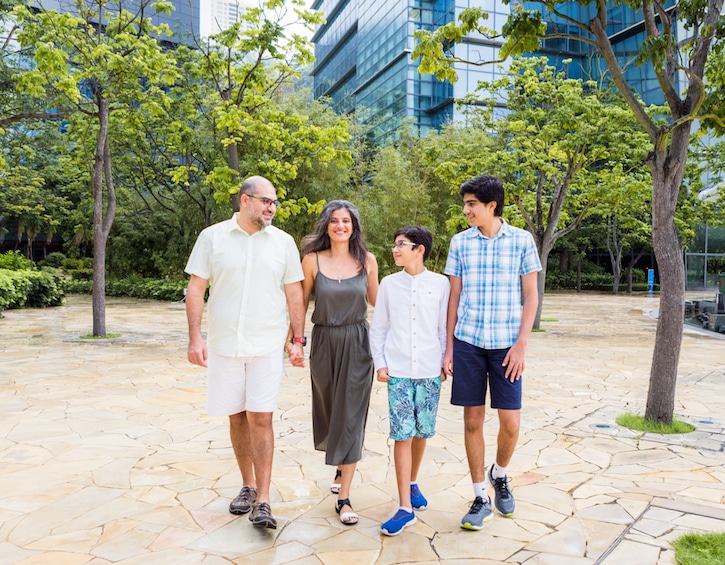
Mehroo Turel, Founder Of Mums@PLAY
I am very thankful that my kids’ school has a good mix of all races, nationalities and cultures. There have been conversations about these issues, though not something that I planned in advance. Sometimes it’s happened because of simple mispronunciation of Indian names. We have also had a laugh when their own names which were pronounced differently by various teachers depending on their accent — no harm done and no offence taken!
Growing up, my kids saw more Parsi/Zoroastrian family and friends and as I had told them about our Zoroastrian heritage (how our people fled Persia all those centuries ago), they identified themselves more as Zoroastrian. For a while, my younger son (when he was about 6) thought he was Persian and not Indian. Even on “Ethnic Day” in school, he refused to wear the Indian kurta-pyjama set and wore our traditional “Parsi dagli” instead!
On the other hand, when I was new in Hong Kong, I gravitated more towards fellow Indians. It surprised me that my kids had so many non-Indian friends and most kids who came home for playdates were either western or Chinese. Now when I think about it, I realise that ethnicity never bothered them at all. It is adults who with their preconceived notions and beliefs try to consciously or subconsciously influence kids.
Read more: That Mama: Mehroo Turel, Founder Of SUMMER And Mums@PLAY
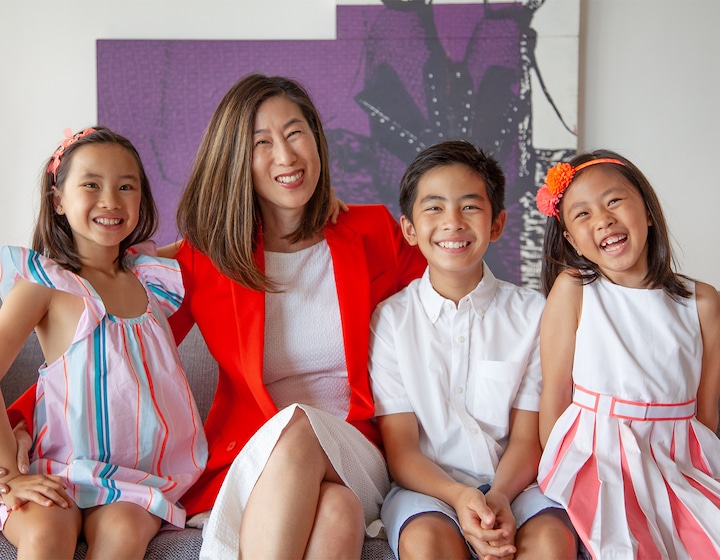
Estella Huang Lung, CEO Of Children’s Medical Foundation
I have faced racism. When I was in Canada earlier this year, a woman coughed on me and my family during COVID — I believe it was a racist act because we are Chinese. I’ve faced sexism as well through inappropriate comments and expectations when I worked in the finance industry.
As early as the children could understand, perhaps from ages 2 and up, we have broached topics and exposed our children to gender, disability, LGBTQ, family types and socio-economic issues. We try not to label actions, belongings, characteristics as either male or female, avoid toys and themes that focus on physical attributes and encourage them to talk openly about issues such as adoption, poverty, racism, gender identity and gay marriage. Ultimately, for the message to come through about how we should not discriminate based on these qualities.
We address each topic through example. Inclusiveness of LGBTQ and gay marriage for example, when we attended a same-sex wedding. There was much discussion and many questions during and after — which is completely understandable and fine. Being inclusive ourselves sets the example of the behaviour and mindset we expect from our children. We have found this to be a useful method of teaching.
Read more: That Mama – Estella Huang Lung, CEO Of Children’s Medical Foundation
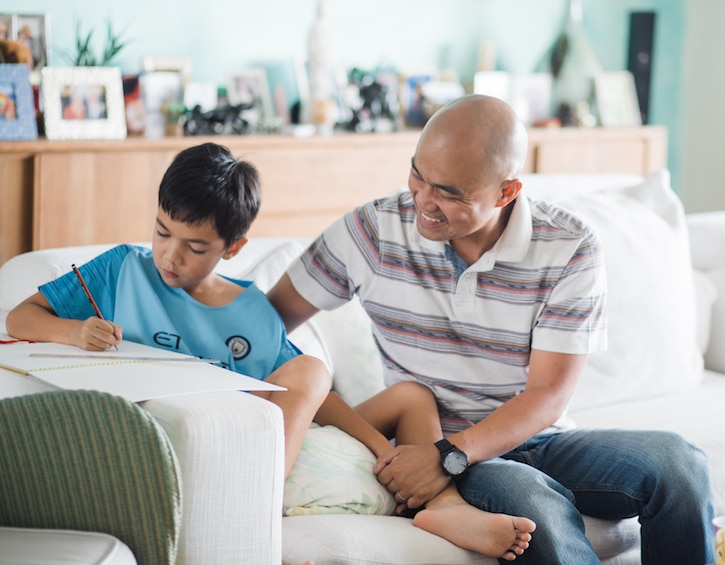
Jami Gong, Founder Of TakeOut Comedy
I’m thankful that I don’t think my son has experienced any racism, but I’ve definitely felt it in New York City years ago. For example, one time I was riding the subway and when I got off my stop, a young kid yelled “Chink”. It was probably directed at me.
We started talking openly with my son about these sorts of things when he was about 5 years old. We make sure he treats and sees everyone equally. So far so good as he has many diverse friends and we have not heard of any racist problems at all.
Read more: That Papa – Jami Gong, Founder Of TakeOut Comedy Club
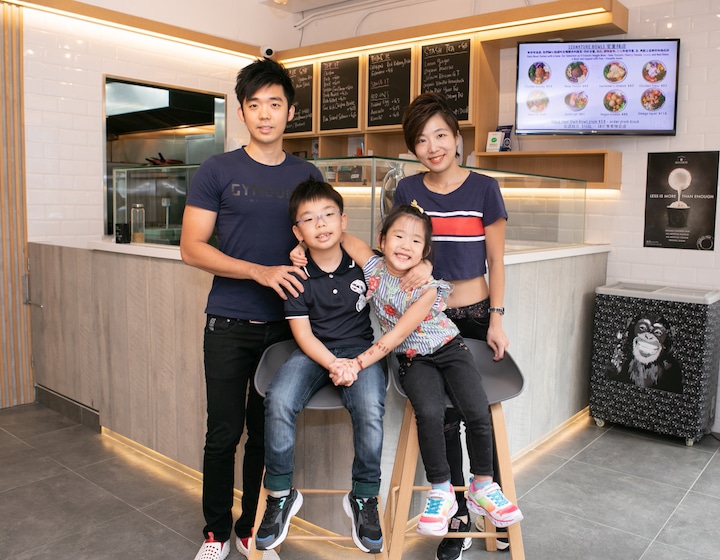
Janet Tsang, Co-founder of Fete Up
My kids haven’t had any negative experiences because of their race, but I felt it when I was studying in the United Kingdom. Luckily, it wasn’t all the time, but back in 2003 during SARS I went back to the UK after an Easter break at home. People would say I was a potential threat and avoid me. I’m grateful that our school did a good job of stopping this quickly so it wasn’t too bad.
My kids are still too young to understand the gravity of these issues — they are still at the stage where everyone is the same, and I hope they will stay like that forever!
 View All
View All


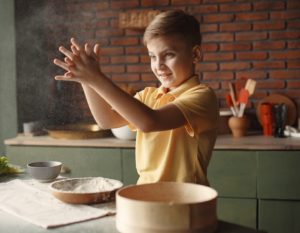


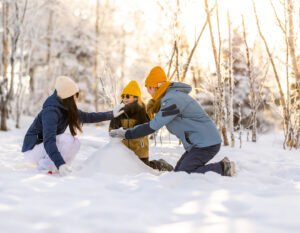



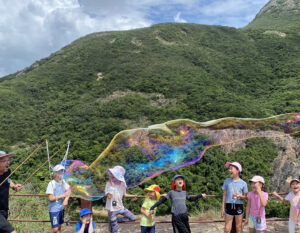
 View All
View All
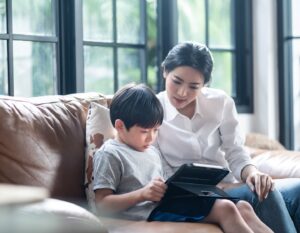
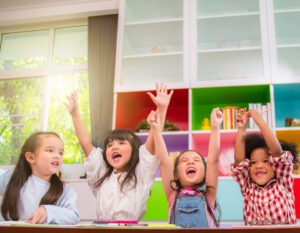


 View All
View All
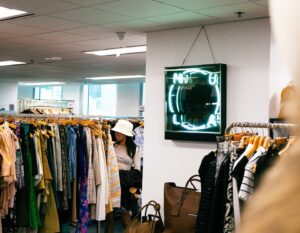

 View All
View All